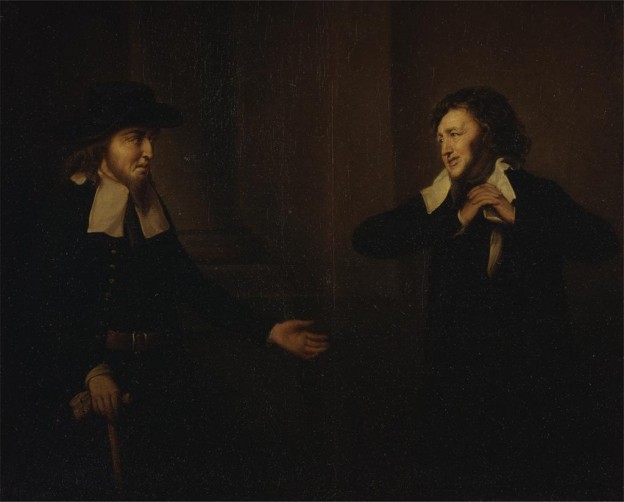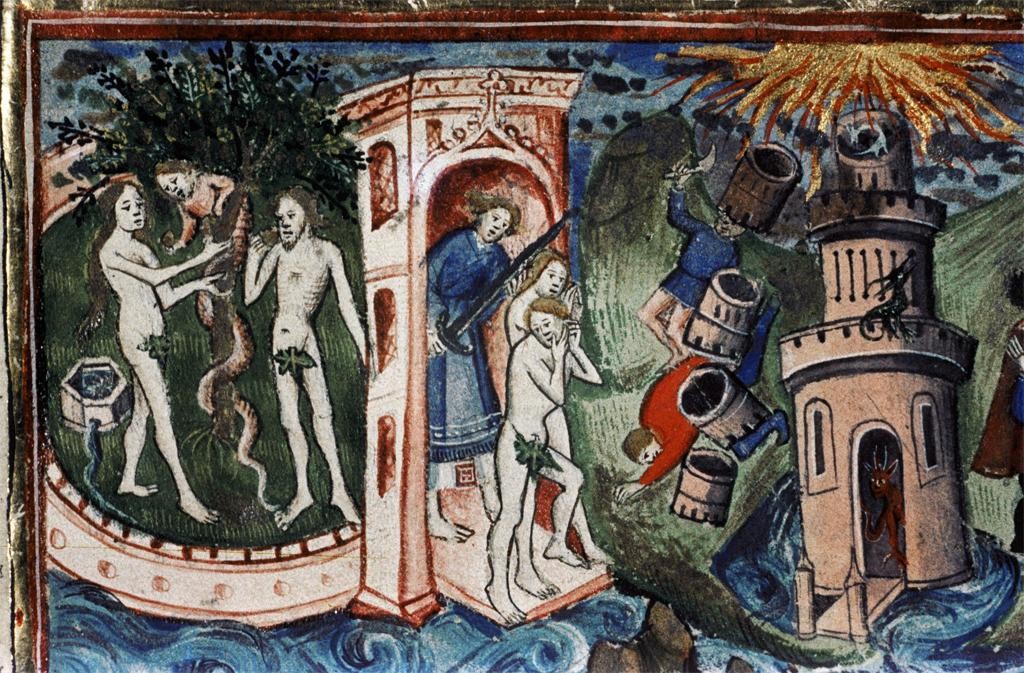Jessica is doubly distinguished. Unlike her father, Shylock, she is said to be gentle; at once noble and gentile. Yet, she remains a daughter to Shylock’s blood despite her conversion. According to Mary Metzger, representations of Jessica turn on alternating characterizations of her as a latent Christian and as a racialized and thus unintegrable Jew. Until recently, discussions of race or Jewishness in the Merchant tended to focus on Shylock, thus ignoring the intersection of religion, gender, and class. Metzger argues that, in order to elucidate The Merchant’s relation to early modern England’s emerging ideology of race, attention must be paid to the shifting emphases on discourses of gender, class, and religion in Shakespeare’s representation of Jessica. Continue reading
Tag Archives: Religion
“The Problem of More-than-one”
In the article, “The Problem of More-than-one: Friendship, Calculation, and Political Association in the Merchant of Venice” by Henry S. Turner, Turner discusses the political perspective of the play in terms of friendship, calculation and decision, and justice. He discusses the question of the relationship between friendship and democracy, and how “The Merchant of Venice” may show slight traces of modern democracy throughout the play. One point that I found particularly interesting is the idea of the quantum of friendship and how that relates to value in terms of numbers and the blurred lines from which that value comes about. This lack of clarity can be seen in the play in the recurring issues of self-interest versus love and friendship. Continue reading

The Merchant of Venice: Stereotyping Shylock
Art is a reflection of reality, and so it must also be true that art is a mode for the production of reality’s darker features of racism, intolerance and prejudice. “The Merchant of Venice” and the characterization of Shylock reminds us all of the darker truths of the Elizabethan era, praised for its contributions to the arts that were built upon the foundations of lingering social conflicts and hierarchical supremacies. That Shakespeare constructed a villain in a very specific religious and racial group stands alone as a evidence to the existing social divides in Elizabethan England. That he did so after knowing few, if any, Jewish people at all is telling of a darker and more striking truth about the basis of prejudice that has remained present in the play throughout history. Continue reading
Apple of his eye
A speculative religious reading of A Midsummer Night’s Dream:
In a way that is all but straightforward, Shakespeare weaves repeated invocations of serpentine imagery, delineates characters on gendered lines, and overlays a driving tension between fate and free will. Accidental or intended, these features invite a connection of A Midsummer Night’s Dream to foundational Christian theology, specifically to the story of Genesis.

